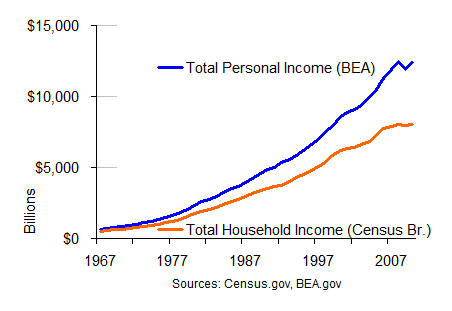Rshermr
VIP Member
Actually, running a country is nothing like running a business. But please, have it your way. Businessmen who became president always have done better. Or, have there actually been any?? Can you seem so certain, Signelect, you must know of a businessman who became president, right?? How did he do, if you can name one??One thing is for certain Obama doesn't have a clue. You see he has never had a job, paid expense or hired people. He has lived of the tax dollars of others his entire life. We need a businessman in office and yes I have read about Bain Capital..



